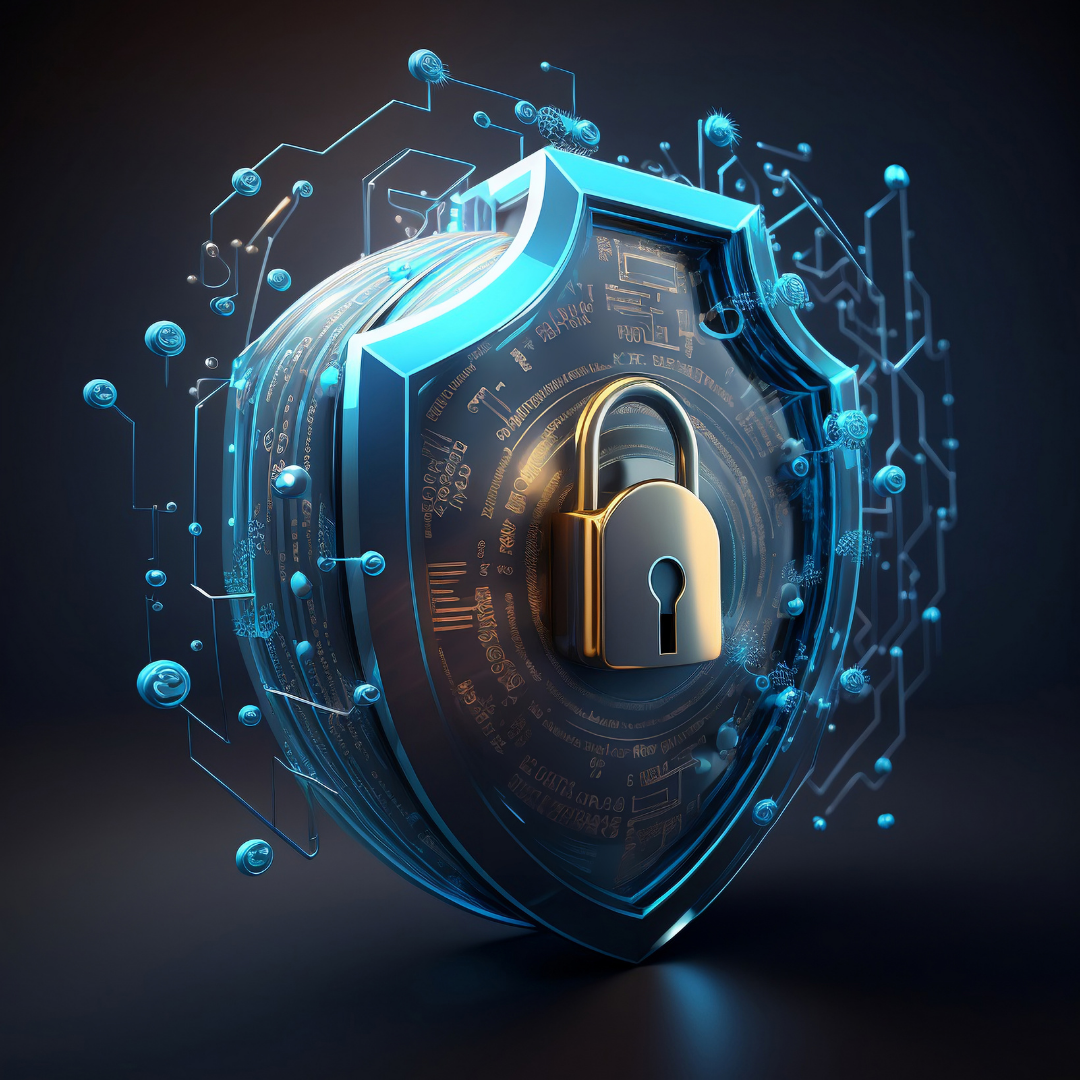
- Guide to Secure Logins and Passwords
In this article
Like your credit and debit cards, your online accounts have pins and passwords to allow the proper people to use and have access to your property. The slippery slope to a compromised password can lead to much greater threats and trouble down the road. When access is granted to those on the dark web, it can swiftly cascade into a greater attack.
Exposed emails are common
One of the most common types of information exposed on the dark web is email addresses and passwords. Also, keep in mind that websites can be prone to attacks causing them to be hacked. This can cause your email, passwords, name, and other information to potentially be compromised on the dark web. The difficult part is unless your information is being monitored by a service, it is near impossible to discover when such items become compromised.
These attacks, especially since 2020, are far more common, which is why we advise such information to be monitored. Therefore, it is important to protect yourself which such services, as well as following these suggestions below.
1. Make each password unique
Lengthy passwords, with various numbers and symbols can better help protect you. Also, you can capitalize different letters throughout in order to create a more complex password. You can still have a way to tie it to you personally, while still not making it obvious to guess.
For example, if you are a Saints NFL Football fan then a password like: #1Sa1nt$f4n.Dr3wbre3$ would be a strong password to consider. The different characters, random period, and different words helped create a strong password while also keeping it personal to you.
With these steps to create a more complicated password, there is a chance that the password can be exposed online. That is why it is smart to change your password every couple of months. It’s small things like that which can make all the difference in protecting you.
2. Use different passwords
This may be the most frustrating part of the process but it is also one of the most important. This helps lock down each account to a specific password, which can better keep thieves out. In order to best protect yourself, you need a completely different password for each account you have.
The reason for this is if your information for your email and password, for example, is released on the dark web, then those who choose to use it can hop in and look through your email. On top of that, if you use the same email and password on other websites such as Social Media, then they too can input that compromised information and have access to far more data.
The risky part of doing this is forgetting which password goes to which account as well as all the various passwords. There are services out there which help keep track of your passwords and usernames, but the risk with that also is the chance of that service getting hacked and your information compromised (Though that is more rare.) Yet one of the worst things you can do is write your passwords down on a sticky note and place it on your desk.
Security with accounts that contain your personal and confidential information is entirely in your hands. You have the choice to make it as complex or simple as you choose.
3. Multi-factor Authentication
With the world ever evolving there have been extensive measures given to help stop unwanted access to your information. One of these advancements has been Two-Point Authentication. Not all websites or services allow for this feature, but when it does, it’s smart to activate.
This enacts for after your password is put in for another way to verify it is you. That usually includes sending a text to your phone with a specific code. Once you enter that code, you will then be allowed to enter your account. This is helpful because if someone does try to get into your account and has the password, you will receive the text with the code, stopping them from going in further.
Keep in mind that you generally want to stray from Face Authentication. It is better to keep it to where a code is sent to your phone. Even with a code being sent to an email can become compromised if your email and password have been exposed on the dark web. This simple security step may add ten to thirty seconds to your login time, but the safety it adds on protecting your information is invaluable.
How to stay safe
After following all these points there still remains a chance in which your information is compromised. Remember to continue to change your passwords every couple of months to help prevent this. Sometimes when such information is exposed to the dark web it can be an old password which can keep perpetrators locked out.
In the end, following this advice can better help keep your accounts secure. If you do have any questions always feel free to reach out to our iDefend team.

